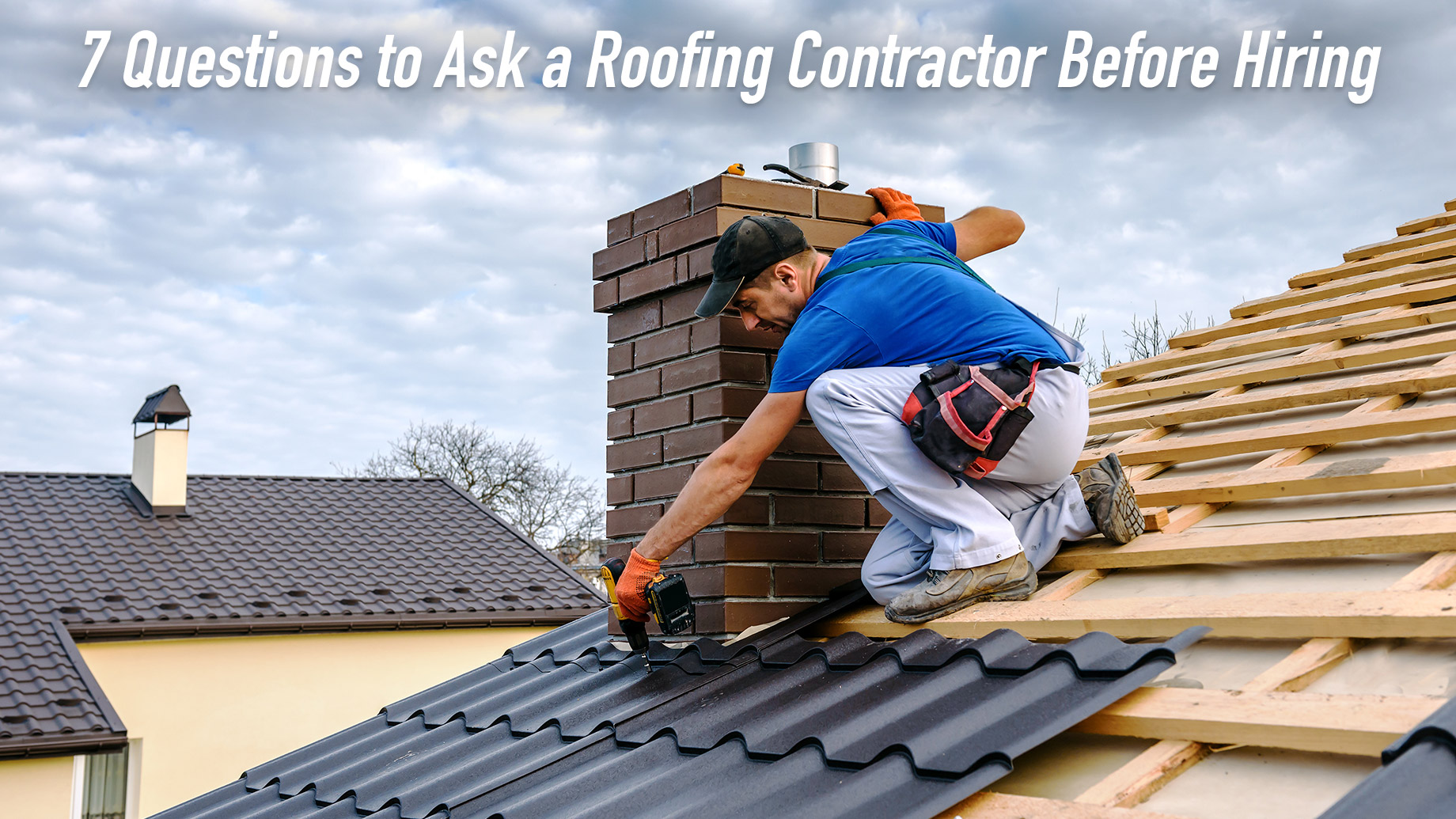
While DIY home projects have been on the rise during COVID, the professional roofing sector has held strong to the tune of about 45 billion dollars in revenue. That’s a lot of money given the down economy but makes sense seeing as how getting up on one’s roof and laying asphalt, shingles, and the like is usually not at the top of any person’s DIY to-do list.
If you’re thinking of calling in assistance from the roofing contractors in Singapore to fix your home’s uppermost part, know now that not all roofers are created equal. As a matter of fact, some are downright predatory.
To ensure that the roofer you get hooked up with is excellent, keep reading to take in 7 questions you must ask before hiring them.
1. Are You Licensed?
To do contracting work in the vast majority of counties within the United States, you’ll need a license.
A license is a means of localities ensuring that a contractor is on the up and up before they’re able to go to people’s houses to start performing work. Therefore, the first question you should ask a prospective roofing contractor must be if they’ve gone through the trouble of getting that green light to work. If they haven’t, chances are they’re not legally eligible for licensure (which could be a problem for you) or they’re cutting corners.
Any contractor that cuts corners on getting a license will almost certainly cut corners with your roofing project.
2. What Does Your Insurance Policy Look Like?
Never forget to ask a roofing contractor if they have an insurance policy and what their policy limits are. Insurance policies for contractors cover a variety of things but the two chief barriers of protection they offer are protection to people on your property while jobs are being performed and protection of your property itself.
Let’s say one of your contractor’s employees breaks their leg while working on your roof. If they can’t collect workman’s comp from their employer, they may come after you. There’s also a possibility that a contractor could damage your property during your roofing job and won’t have insurance to cover the damage.
In that case, you’d be liable for the damage or you’d have to pursue a lengthy, oftentimes fruitless lawsuit.
3. Will You Be Doing the Work?
Subcontractors make a lot of money by being in two places at once. If that sounds like an impossible feat, you haven’t heard of subcontracting.
Subcontracting is when you hire a contractor and they sell your job to another contracting company at a discount. That way, they get some of your job’s proceeds while being able to work another job.
If you’re okay with that arrangement then there’s no problem. If you want the contractor you hire to do the work you agreed on, ask them ahead of time if they plan on working your job.
4. How Long Have You Been in Business?
You may be able to surmise how long a contractor has been in business based on their website. If you can’t figure out that information, go ahead and ask your prospective contractor during their interview how long they’ve been contracting for and how long their business has been running.
You may find that a contractor with a supposed 20 years of experience has only been in business for themselves for a few months. That could be a red flag because they have built very little equity in their company name and consequently, could jump ship if they’re trying to dodge accountability post performing a bad job.
In a perfect world, you’d be working with a contractor that has been doing what they do for at least 5 years.
5. Will I Run Into Building Code Issues?
Any roofing contractor that’s working in your city needs to know the building codes of that city. The reason why this is important is that you could receive a fine from your city if a project is done outside of the confines of building codes. You may also be asked to demolish your project.
Some insurers could try to side-step coverage on jobs you make claims on that were not done to code at well.
6. What Does Your Warranty Look Like?
Local roofing contractors that plan on being competitive in their market almost always offer a warranty on their roof installation. Warranties are usually two-fold in that there’s a warranty on the materials used for roofing jobs (provided by the manufacturer) and on the labor/installation (provided by your contractor).
Contractors that are not willing to stand by their work by offering a warranty are not worth bringing onto your property.
7. Will You Put Our Agreement in Writing
Contractors are notorious for being vague when striking agreements with property owners. Vagueness in deals is what allows them to hedge their bets if jobs run long or expensive.
To make sure that costs/timelines don’t get out of control with your contractor, ask them if they’ll put your agreement in writing. That way, there’s no confusion over the scope of work and your liability as far as expense is concerned.
A Good Roofing Contractor Is Just a Few Questions Away
It can be hard to find a quality roofing contractor. Armed with our questions though, we’re confident you’ll be able to filter through the noise and stumble onto an excellent pick that’ll serve your home (or business) well.
Communication is key when it comes to working effectively with a licensed roofing contractor so even after you hire a professional, keep speaking with them as they move through their job. That way, there are no surprises as your job evolves.Are you looking for more guidance on topics relevant to real estate? If you are, we welcome you to explore more of the topics we discuss in that vein on our blog.